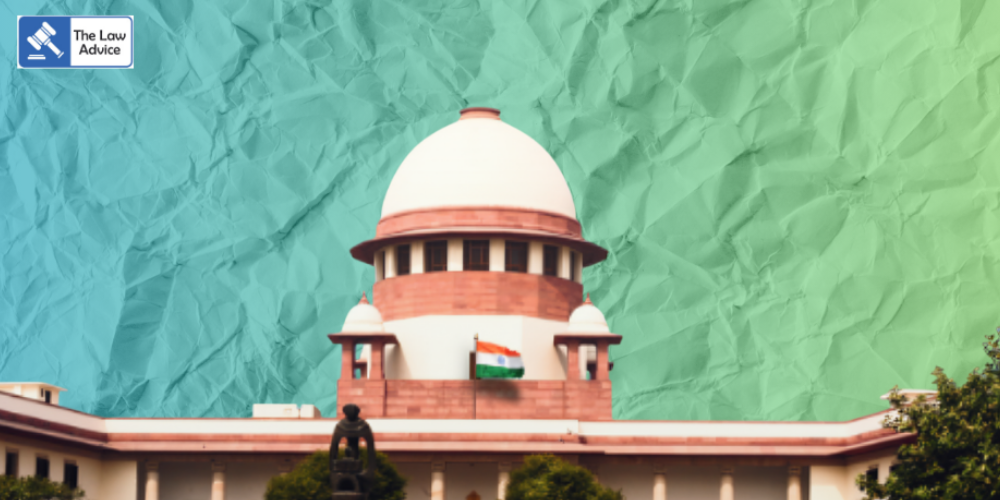
The Supreme Court has pulled up five states — Assam, Himachal Pradesh, Meghalaya, Uttar Pradesh, and West Bengal — for failing to implement remission and premature release policies despite earlier directions. Giving them a final opportunity, the Court has now directed the respective High Courts to register suo motu writ petitions to monitor compliance and ensure timely enforcement of such policies within their jurisdictions.
A Bench comprising Justices M.M. Sundresh and Satish Chandra Sharma passed the order while hearing a batch of applications in a suo motu case concerning uniformity and transparency in bail and remission procedures across India. The Court expressed disappointment over the states’ inaction despite repeated reminders to formulate and implement remission frameworks.
Observing that delays in considering eligible convicts for premature release lead to unnecessary incarceration, the Bench advised all state governments to initiate the process at least six months before a convict becomes eligible. “This will prevent the wastage of time and undue detention of convicts who have already fulfilled the eligibility criteria,” the Court said.
During the hearing, the Amicus Curiae, Ms. Liz Mathew, drew the Court’s attention to the non-compliance by five specific states. Citing the record, the Bench noted: “The learned Amicus, by referring to the chart, has shown that Assam, Himachal Pradesh, Meghalaya, Uttar Pradesh, and West Bengal are yet to adopt or implement the draft remission policy and requisite rules, including necessary amendments to comply with previous directions of this Court.” On a request from state counsels, the Court granted these states an additional two months for complete compliance.
Accepting the Amicus’s suggestion to strengthen monitoring, the Bench directed: “We request the Hon’ble Chief Justices of the respective High Courts to register a suo motu writ petition, constitute a Division Bench, and oversee the effective implementation of remission and premature release policies of the concerned states.”
The High Courts have been instructed to file affidavits before the Supreme Court detailing progress on the matter by the next date of hearing.
On February 18, 2025, a bench of Justices Abhay S. Oka and Augustine George Masih had issued comprehensive guidelines regarding the government’s power to grant remission and premature release under Section 432 of the Code of Criminal Procedure, 1973 (CrPC) and Section 473 of the Bharatiya Nagarik Suraksha Sanhita, 2023 (BNSS).
That judgment clarified that remission should not depend on a convict filing an application. Once eligibility under a policy is met, the government is duty-bound to suo motu consider the case. Failure to do so, the Court held, would amount to arbitrariness and discrimination under Article 14 of the Constitution.
The Court had further directed all States and Union Territories without a structured remission policy to draft one within two months — either as a separate document or within their prison manuals — to ensure fairness and uniformity. It also mandated that all remission or rejection orders must contain reasons and be communicated to the convict without delay.
Key Directions from the February 2025 Judgment
a) Governments must suo motu consider all eligible convicts for premature release as per existing remission policies under Section 432 CrPC or Section 473 BNSS; no separate application by the convict is necessary.
b) All States/UTs without a remission policy must formulate one within two months.
c) Conditions imposed in remission orders should encourage rehabilitation, not be vague or overly restrictive.
d) Orders granting or denying remission must state reasons and be communicated to the convict and concerned authorities.
e) Remission once granted cannot be revoked without giving the convict a chance to be heard.
f) District Legal Services Authorities (DLSAs) must ensure implementation of NALSA’s Standard Operating Procedures (SOP).
g) DLSAs must track convicts’ eligibility for release and upload data on a real-time portal managed by State Legal Services Authorities.
Cause Title: In Re: Policy Strategy for Grant of Bail
Website designed, developed and maintained by webexy